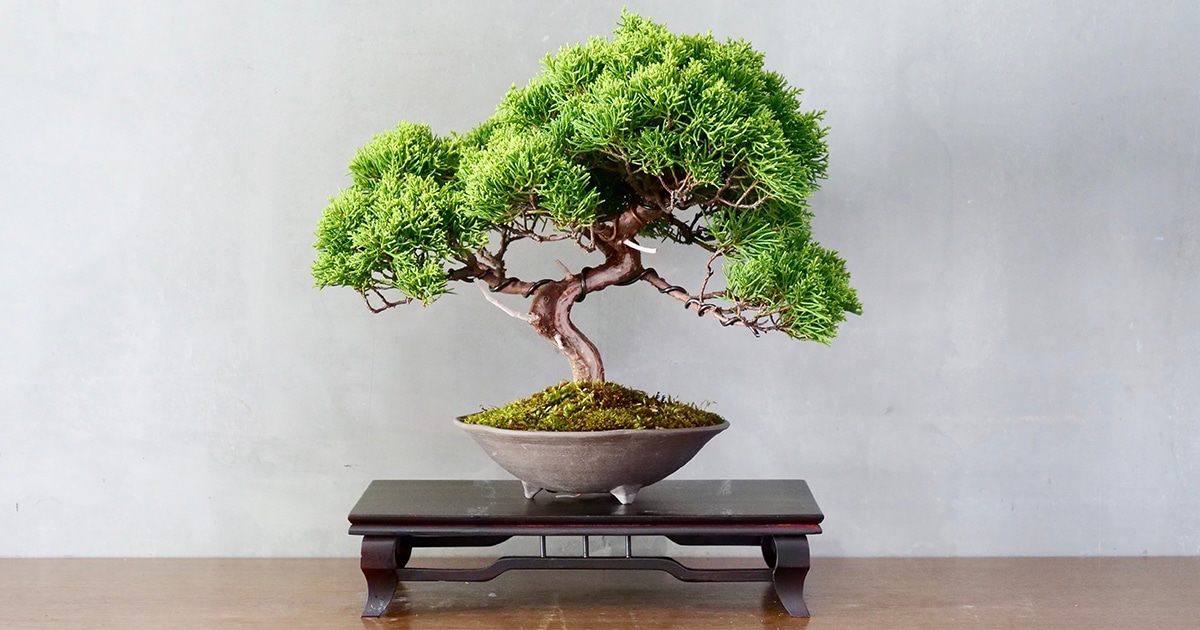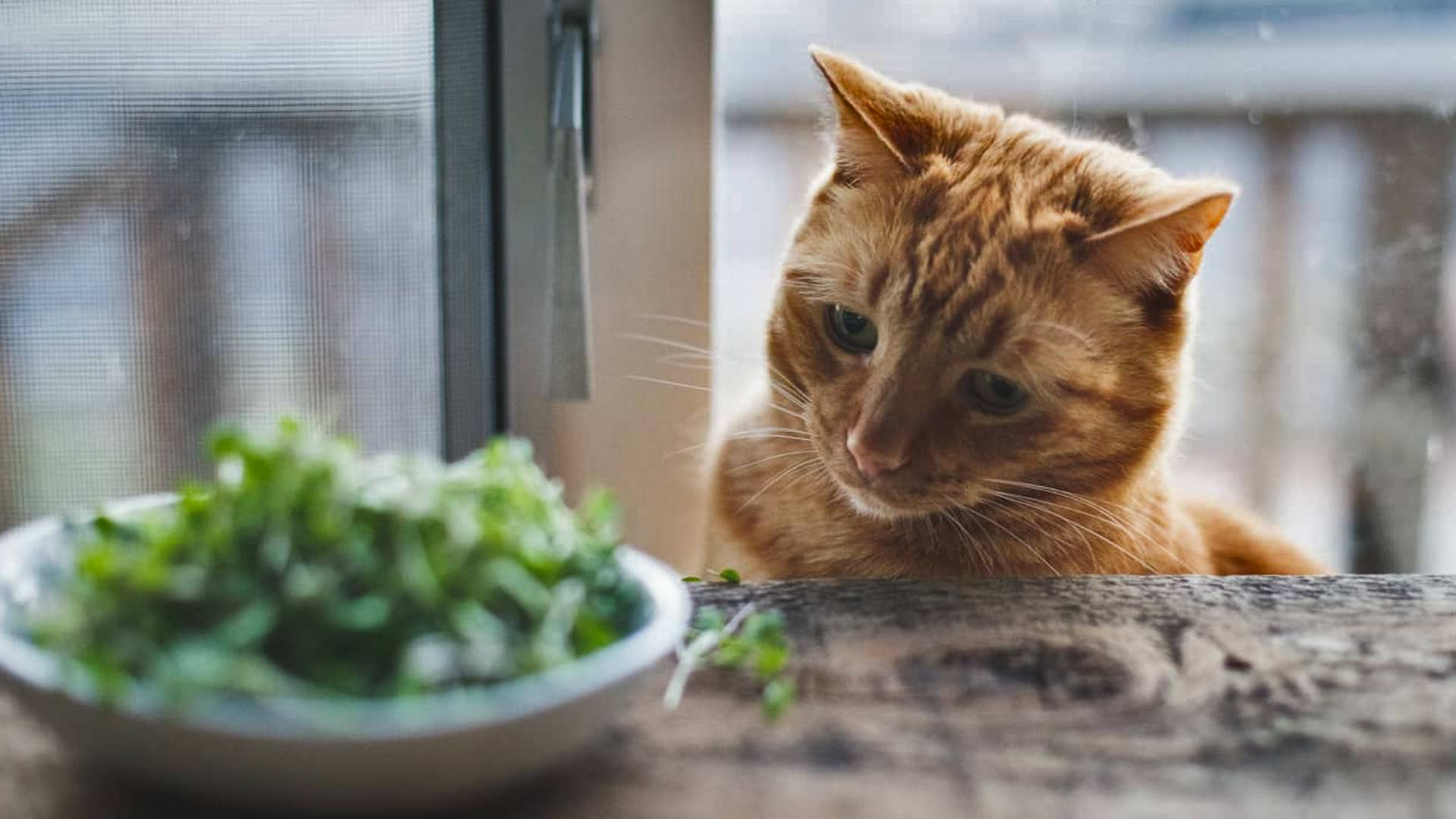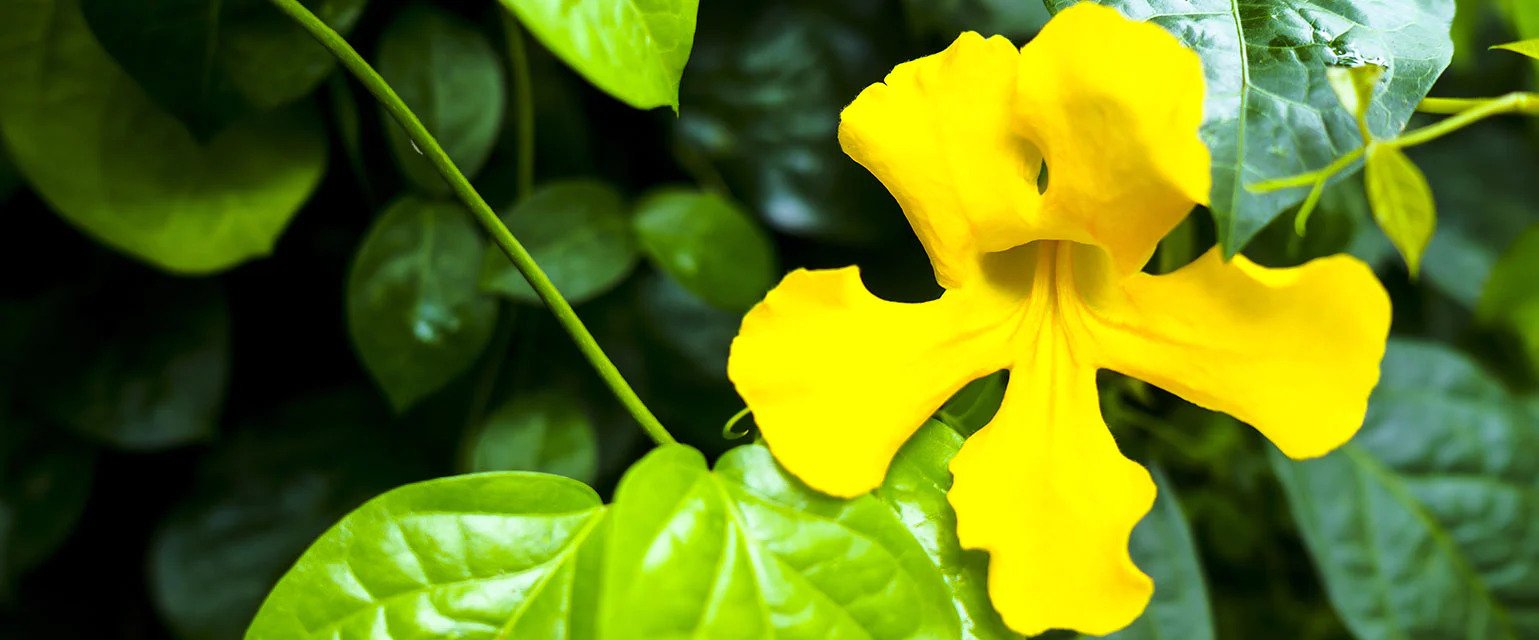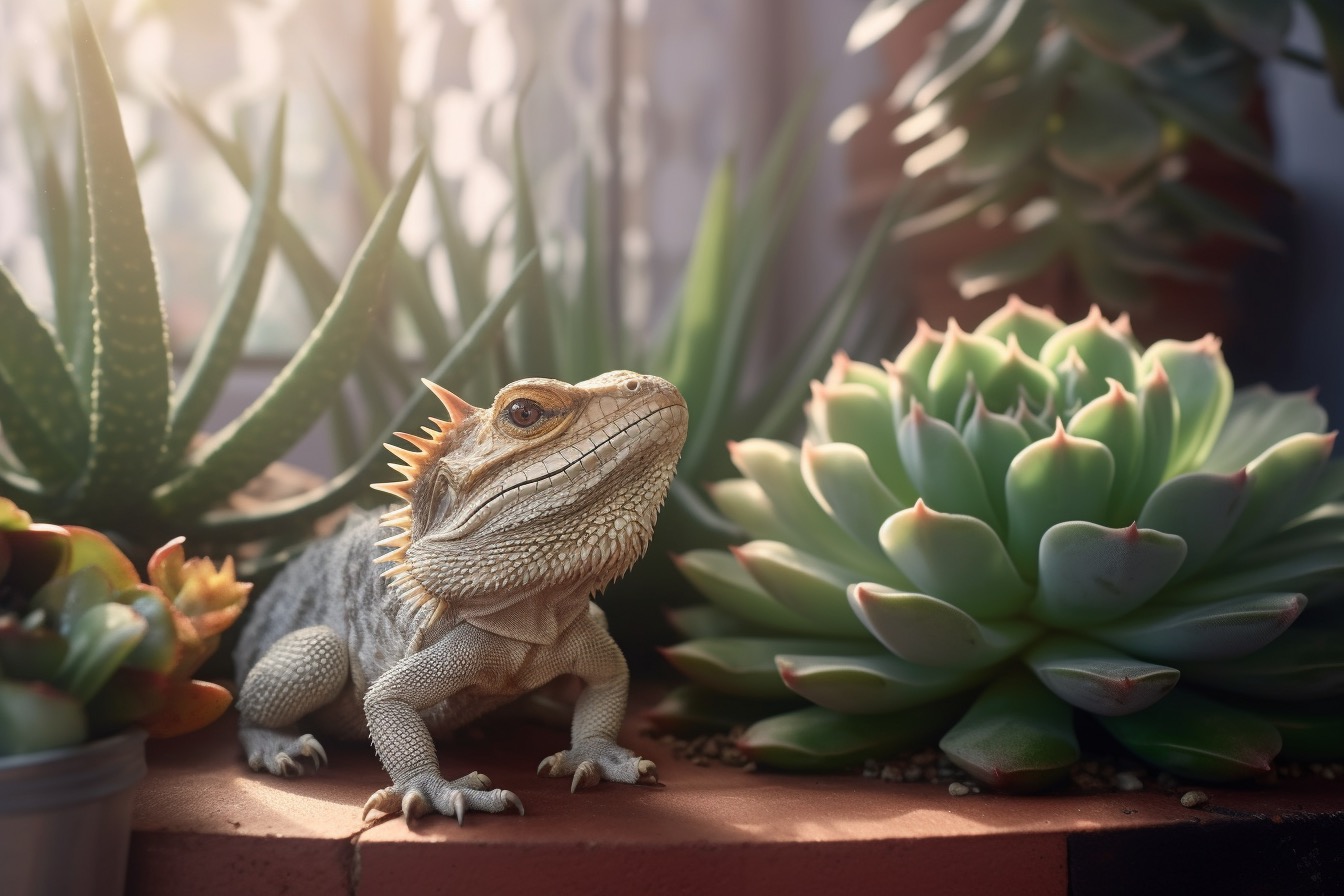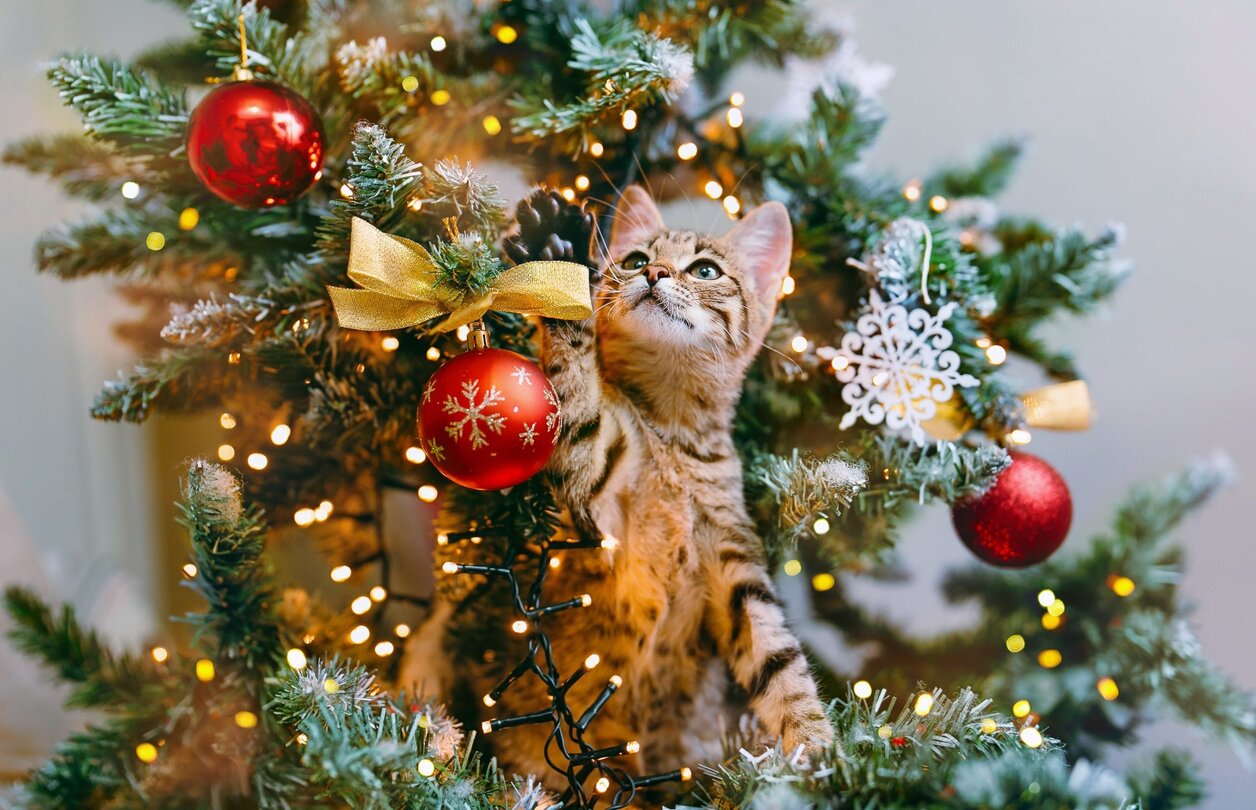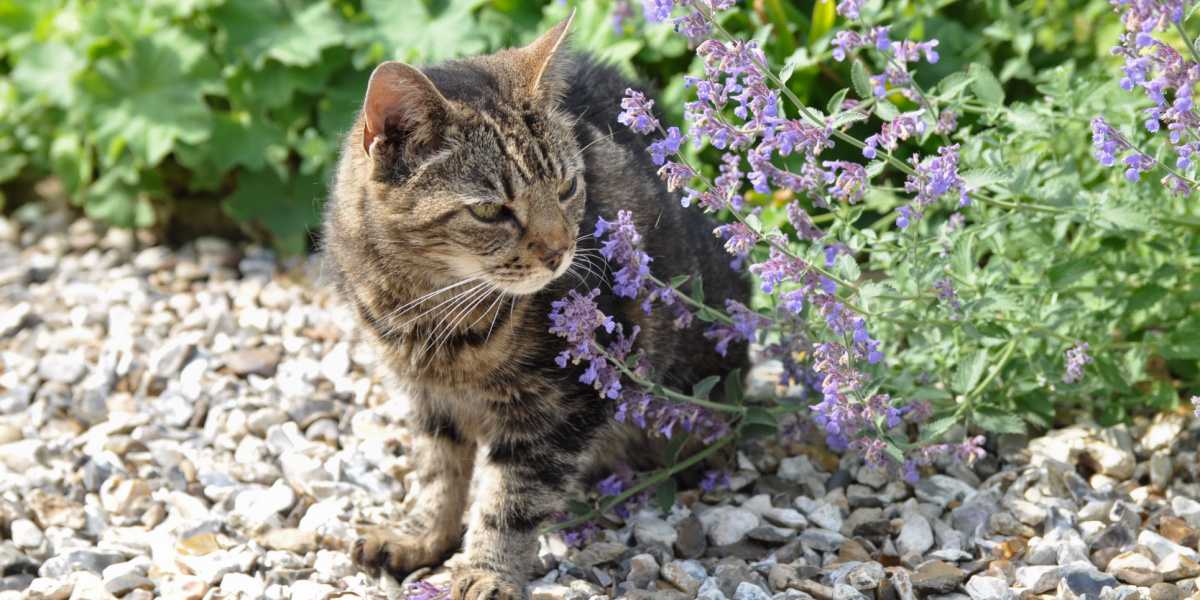Home>Gardening News and Trends>Latest News>What Bonsai Trees Are Safe For Cats


Latest News
What Bonsai Trees Are Safe For Cats
Modified: January 22, 2024
Discover the latest news about safe bonsai trees for cats. Learn more about how to keep your feline friend happy and healthy while enjoying the beauty of bonsai.
(Many of the links in this article redirect to a specific reviewed product. Your purchase of these products through affiliate links helps to generate commission for Chicagolandgardening.com, at no extra cost. Learn more)
Table of Contents
Introduction
Are you a proud cat owner with a green thumb? If so, you may be wondering if it’s safe to keep bonsai trees around your feline companion. Cats have a natural curiosity and tendency to chew on plants, which can sometimes lead to health issues. In this article, we will explore the fascinating world of bonsai trees and delve into the topic of which ones are safe for cats.
Bonsai trees are miniature versions of trees that are meticulously pruned and shaped to mimic the appearance of full-sized trees. They have gained popularity as decorative plants, thanks to their unique and artistic appeal. However, it’s important to note that not all bonsai trees are suitable for households with cats. Some species may present dangers to our feline friends if ingested or come into contact with their delicate skin.
As cat owners, we have a responsibility to create a safe environment for our pets. Understanding the potential risks posed by certain bonsai trees can help us make informed decisions and ensure the well-being of our furry family members.
In the following sections, we will discuss the nature of bonsai trees, the potential hazards they may pose to cats, and, most importantly, a list of bonsai trees that are considered safe to keep around these curious creatures. So, let’s dive into the world of bonsai trees and find out which ones are safe for our beloved cats!
Understanding Bonsai Trees
Bonsai trees have a rich history that dates back thousands of years. They originated in China and were later embraced by the Japanese culture. The word “bonsai” itself, translated from Japanese, means “planted in a container.” These miniature trees are carefully cultivated to create a sense of balance, harmony, and natural beauty.
The art of growing bonsai trees involves meticulous pruning, shaping, and training to maintain their miniature size and distinctive appearance. This process requires expertise, patience, and a deep understanding of horticulture. Bonsai enthusiasts often spend years or even decades perfecting the art of bonsai cultivation.
Miniaturizing trees in this way doesn’t stunt their growth; rather, it controls their size through careful root pruning and maintenance. Bonsai trees are often grown in small containers, which limits the space available for their roots to grow. Regular trimming and shaping of the branches and foliage are done to keep the tree’s proportions in balance and create the illusion of a larger tree in a smaller form.
Bonsai trees come in various species, each offering its own unique characteristics and beauty. Common bonsai tree species include junipers, pines, maples, ficus, and azaleas. These trees can live for many years, serving as living works of art that evolve and change over time.
It’s important to note that while bonsai trees are captivating and visually appealing, they require special care and attention. They need proper watering, adequate sunlight, and regular pruning to maintain their health and aesthetic appeal. However, not all bonsai trees are suitable for households with curious and mischievous cats.
Now that we have a basic understanding of bonsai trees, let’s explore the potential dangers they may pose to our feline friends and identify which ones are safe to keep around cats in the next section.
Potential Dangers for Cats
While bonsai trees can be a beautiful addition to your home, it’s important to be aware of the potential hazards they may pose to your cat. Some varieties of bonsai trees can be toxic to felines if ingested. Cats are known for their curious nature and penchant for exploring, which can put them at risk of coming into contact with harmful substances.
One of the primary concerns with bonsai trees is the use of pesticides, fertilizers, and other chemicals in their cultivation. Some of these substances can be toxic to cats if ingested or if they come into contact with their skin. It’s crucial to choose bonsai trees that are grown organically or without the use of harmful chemicals to ensure the safety of your feline companion.
Another danger is the potential for cats to chew on the leaves, branches, or bark of certain bonsai trees. Some species can cause gastrointestinal upset, vomiting, or even more severe symptoms if ingested by cats. It’s essential to be cautious about the types of bonsai trees you bring into your home to prevent any accidental poisoning incidents.
In addition to the toxicity risks, the physical structure of bonsai trees can also pose a danger to cats. Cats are agile climbers and jumpers, and they may try to explore the bonsai tree by climbing onto the branches or knocking over the pot. This can result in the tree falling and potentially causing injury to your cat or damage to your home.
It’s crucial to carefully research and select bonsai tree species that are known to be non-toxic to cats and have sturdy branches and stable pots. By doing so, you can minimize the potential dangers and create a safe environment for both your cat and your cherished bonsai trees.
In the next section, we will explore the bonsai tree varieties that are considered safe to keep around cats, allowing you to enjoy the beauty of these miniature trees without worrying about any potential health risks.
Bonsai Trees Safe for Cats
While some bonsai tree species can be hazardous to cats, there are several varieties that are considered safe to keep around our feline friends. These cat-friendly bonsai trees provide a beautiful and captivating addition to your home without posing any risks to your curious pets.
One example of a cat-safe bonsai tree is the Money Tree (Pachira aquatica). This plant is known for its unique braided trunk and lush foliage. Money Trees are non-toxic to cats and are relatively easy to care for, making them an excellent choice for cat owners who want to enjoy the beauty of bonsai without worrying about their pet’s safety.
Another safe option is the Baby Jade (Portulacaria afra), also known as the Elephant Bush. This succulent bonsai tree has thick, fleshy leaves and a unique, gnarled appearance. Baby Jade is non-toxic to cats and is low-maintenance, making it an ideal choice for cat owners with busy schedules.
While many ficus trees are toxic to cats, the Ginseng Ficus (Ficus retusa) is an exception. Its twisting trunks and shiny, dark green leaves make it a popular choice for bonsai enthusiasts. The Ginseng Ficus is safe for cats, but it’s important to note that it can attract your pet’s attention due to its fascinating appearance.
Additionally, the Chinese Elm (Ulmus parvifolia) is a classic bonsai tree that is safe for cats. This tree features delicate, small leaves and attractive bark that adds depth to its overall aesthetic. The Chinese Elm is easy to care for and can tolerate a range of light conditions, making it a versatile choice for cat owners.
Other cat-safe bonsai tree options include the Japanese Juniper (Juniperus procumbens), Hawaiian Umbrella Tree (Schefflera arboricola), and Natal Plum (Carissa macrocarpa). These bonsai trees not only add natural beauty to your living space but also provide a safe and enriching environment for your curious cats.
Remember, even with cat-safe bonsai trees, it’s essential to monitor your cat’s behavior and prevent them from chewing on the leaves or knocking over the pots. If you notice any signs of distress or discomfort in your cat after being in proximity to a bonsai tree, it’s best to consult with your veterinarian.
By selecting cat-friendly bonsai tree species and taking precautions to ensure their safety, you can create a harmonious and beautiful living space that both you and your cat can enjoy together.
Conclusion
Bonsai trees offer a captivating and artistic addition to any home, but as cat owners, it’s crucial to prioritize the safety of our feline companions. Understanding the potential dangers of certain bonsai tree species and selecting cat-safe options can ensure a harmonious living environment for both cats and miniaturized trees.
While some bonsai trees can be toxic or pose physical hazards to cats, there are several varieties available that are considered safe. Bonsai trees such as the Money Tree, Baby Jade, Ginseng Ficus, Chinese Elm, Japanese Juniper, Hawaiian Umbrella Tree, and Natal Plum are all cat-friendly options that can be enjoyed without concerns about potential health risks.
However, it’s important to remember that even with cat-safe bonsai trees, monitoring your cat’s behavior and taking necessary precautions is essential. Preventing cats from chewing on the leaves, knocking over pots, or ingesting harmful substances is crucial to keeping them safe and healthy.
By creating a safe environment and selecting cat-friendly bonsai trees, you can enjoy the beauty and artistic appeal of these miniature trees while keeping your feline companion out of harm’s way. So, go ahead and bring a touch of nature and artistry into your home with a cat-safe bonsai tree, and enjoy the serene ambiance it adds to your living space.
